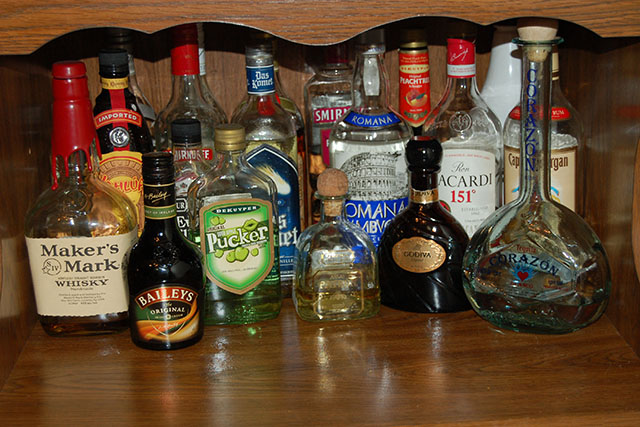
Photo courtesy of Lynda Giddens, Flickr Creative Commons
Society is governed by individual responsibility, however, rampant coercion by formal institutions and governments have outsourced responsibility and impeded on the autonomy of individuals to lead the life they wish.
Alcohol consumption is one of such instances when government wrongfully takes on the role of a paternal figure to guide individuals. The legal rationale for the current status quo of the drinking age is reflected in the National Minimum Drinking Age Act, passed by Congress in 1984, which punishes states that allow people under the age of 21 years to purchase, possess and consume alcohol.
This legal mechanism is unfair to adults and young people who are robbed of their freedom. More importantly, the unintentional effects of such coercion ruins lives.
Paternalism translates into faulty policy. Young adults know what is best for them and do not need politicians to dictate their commerce and lifestyles. If responsibilities are outsourced to politicians, how can students learn to become responsible actors?
College students aged under the minimum legal drinking age are exposed to alcohol in an environment that is illegal and dangerous to their health.
The health and rights of young adults is important, but the current legal condition fails to value both.
Students and young adults are forced to pursue drinking in unsafe conditions because the law forces students to choose between having fraternity parties in basements or deal with law enforcement. Logically, students choose the former. The current legal system incentivizes millions of young adults to adopt unsafe drinking habits that result in injury, sexual assault and sometimes death.
Robby Soave of Reason Magazine writes, “the current drinking age doesn’t actually stop teens from drinking. It merely changes where, and how much, they drink.”
Additionally, uneasy and illegal access to alcohol incentivizes students to binge drink.
According to the Department of Justice, 90 percent of alcohol consumed by people of the ages of 12 to 20 is in the form of binge drinking. Ross Douthat of the New York Times wrote, “The key problem in college sexual culture right now isn’t drinking per se; it’s blackout drinking, which follows from binge drinking, which is more likely to happen when a drinking culture is driven underground.”
The law creates a skewed incentive system that drives students and young adults to dangerous circumstances that continues to produce rape crises on campus. Studies show a clear link between binge drinking and sexual assault, therefore it is morally imperative that safer conditions arise to stop such violence.
Proper education can help change the alcohol culture more than fines and the current minimum drinking age. Promoting safe and open access to alcohol for young adults can significantly alleviate the violence associated with the drinking culture, as it will make individuals, who already fight our wars and vote for our policy-makers, adopt responsibility and autonomy.
Law and society are in completely different and exclusive spheres. A law does not change society. If one is serious about changing young adult drinking culture, education and social change are the answers.
In a free society, respect, liberty and individual responsibility are the values that should be guarded.
Jeffrey Miron of Harvard University wrote, “If we are to truly tackle the dangers of youth drinking, we must admit that the National-21 experiment has failed.”
The National Minimum Drinking Age Act has not stopped teens and young adults from drinking. It’s now time to reconsider.
pglazman@ramapo.edu





